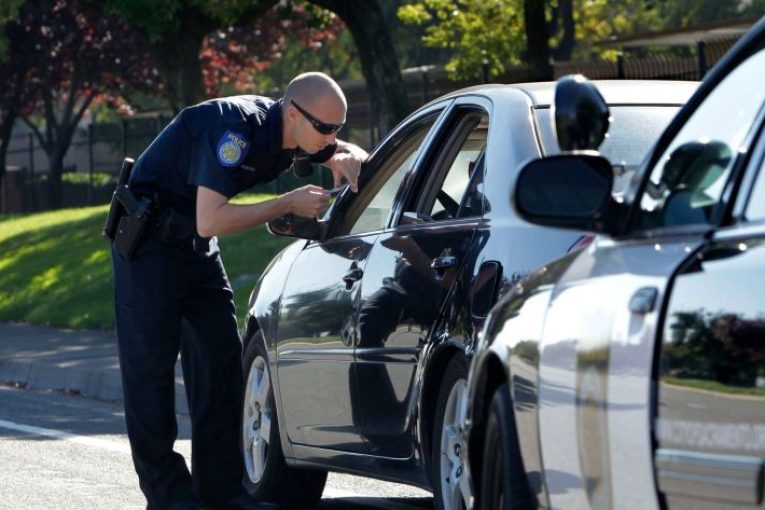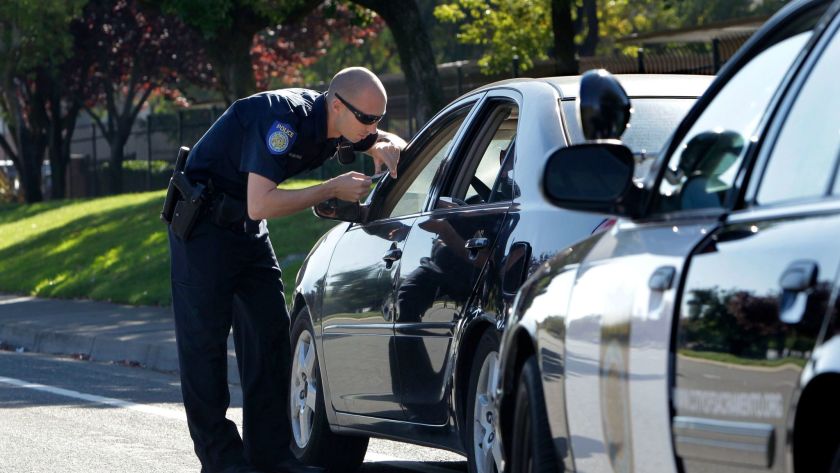

By Hetva Joshi and Sydney Kaplan
NEW YORK — While a high level of police presence is usually thought to decrease crime, researchers Christopher Sullivan and Zachary O’Keefe found the opposite in a 2017 study.
Their research, published in the Nature Human Behavior journal, analyzes several years of NYPD data to arrive at this conclusion.
Sullivan and O’Keefe point out key issues in the widespread method of proactive policing (commonly known as “Broken Window policing”), stating that proactive policing can divert resources and attention away from investigative units, while doing little to reduce major crime.
This misallocation of police resources is especially harmful when cases are left cold instead of solved, as it leads to less justice for those who have committed a violent crime while over punishing minor offenders, noted the study, adding proactive policing can increase the instability of civilian life due to the presence of police forces, leading to natural increases in violence.
Seeking solutions to these issues, Sullivan and O’Keefe studied a seven week period between 2014 and 2015 in which the NYPD conducted an experiment, curtailing proactive policing.
This “work-to-rule strike” meant that officers were ordered to only perform the most necessary duties. They continued to respond to community calls for service, but did not arrest people for petty crimes and misdemeanors.
Sullivan and O’Keefe studied the effects of the slowdown on police behavior and the amount of major crime complaints.
While categories such as rape, murder, robbery, and grand theft auto showed no substantial decreases, the number complaints filed of burglary, felony assault, and grand larceny fell significantly.
Because this study was done during a turbulent time in New York, the researchers accounted for possible external variables such as under-reporting because of the mistrust in the police and decreased knowledge about crimes because of less patrol.
After controlling for these variables, the researchers found that the relationship discovered between policing and crime was highly significant.
These results were observed up to 14 weeks after the shutdown began as Sullivan and O’Keefe remained fairly focused on the short-term effects of the experiment.
As a result, a principal concern of the law enforcement community and proponents of proactive policing—that a decrease in proactive policing could lead to a long-term increase in criminality—was neglected.
Still, the historic drop in major crime consisted of an estimated number of 2,100 fewer major crime complaints, an estimated three to six percent decrease. These stark numbers led to the rapid adoption of similar policies by cities across the globe.
Sullivan and O’Keefe argued the adoption of NYPD policies by cities around the world provides evidence that these policies work in a variety of contexts.
The relevance of results is extreme. And Sullivan and O’Keefe believe this new method of policing may be able to help inequality.
Proactive policing is often centered in areas with large communities of color and high levels of low-income residents, leading to these sectors of the population being disproportionately targeted by law enforcement.
Curtailing proactive policing offers a solution, as they explain, that the presence of police alone heightens tensions in an area and inspires additional crimes.
“The vicious feedback between proactive policing and major crime can exacerbate political and economic inequality across communities,” the researchers argue.
“It is time to consider how proactive policing reform might reduce crime,” they conclude, “and increase well-being in the most heavily policed communities.”






